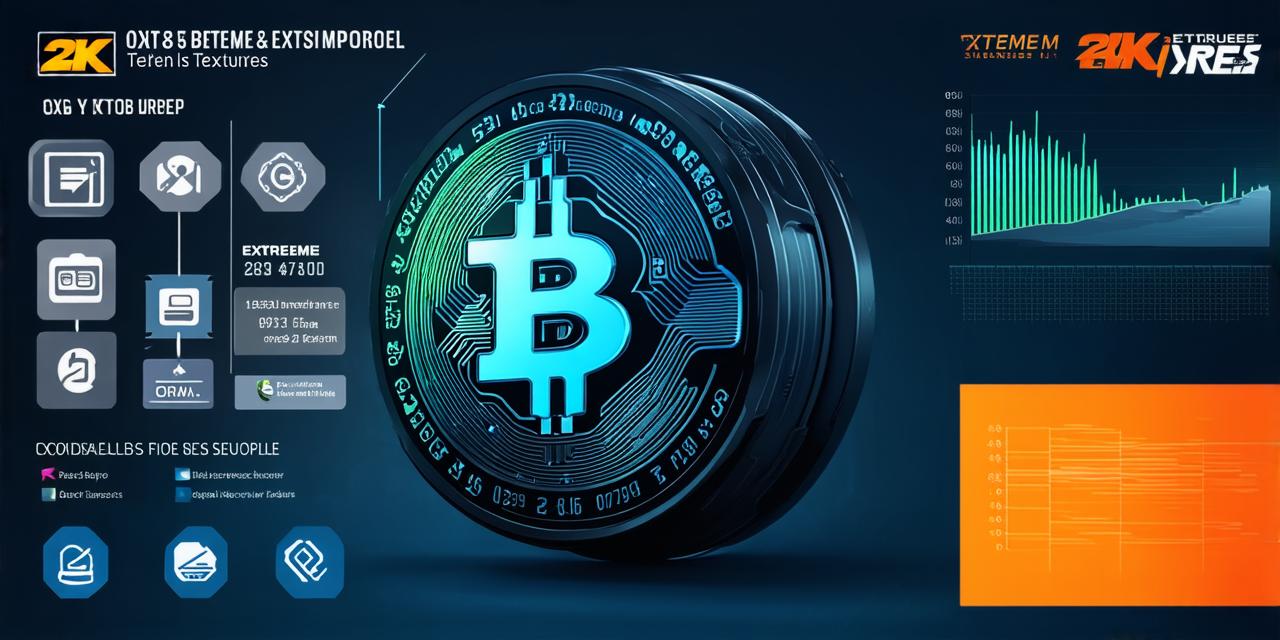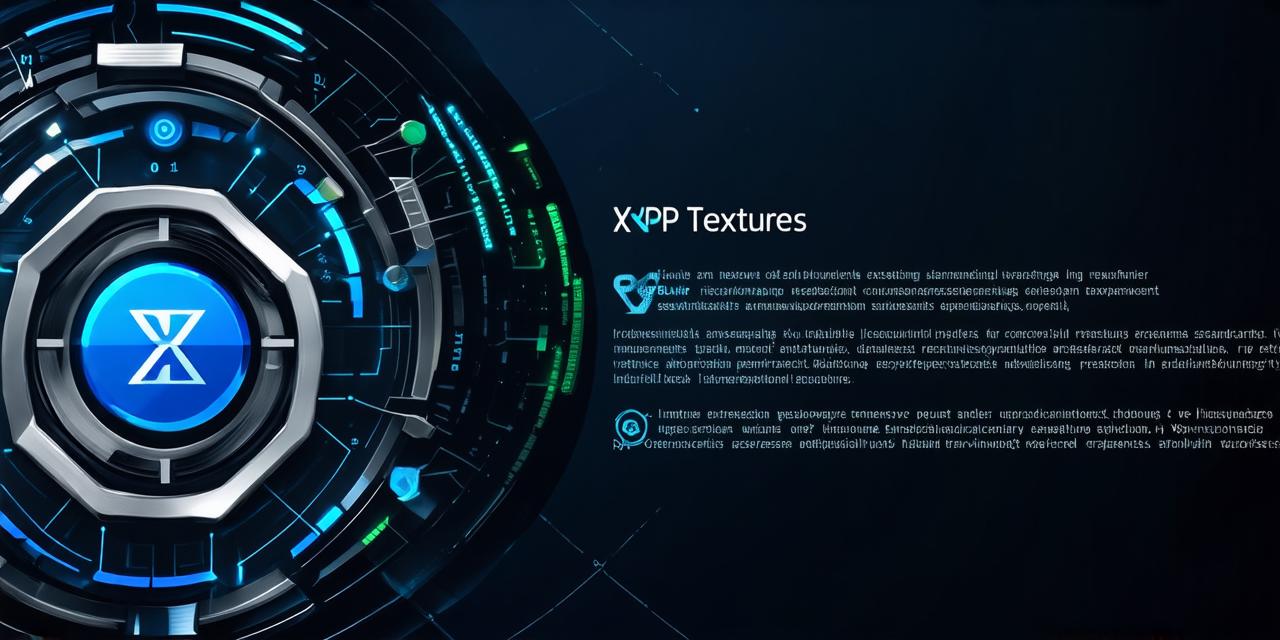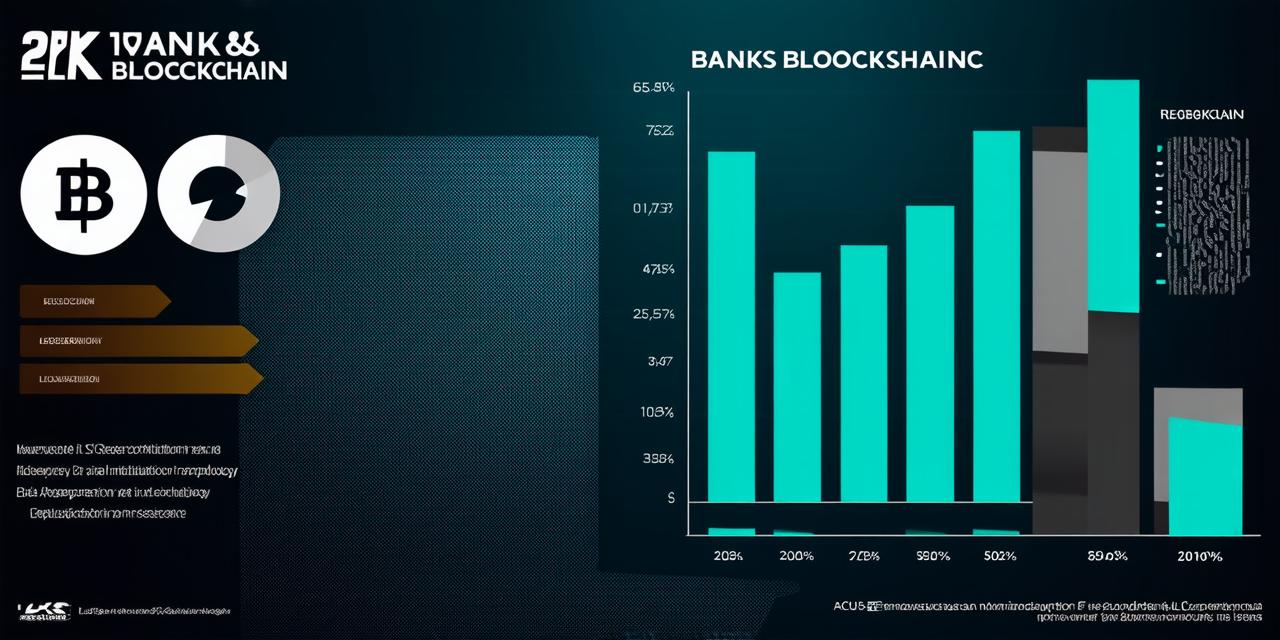Blockchain technology is changing the world as we know it. It’s decentralized, transparent, and secure, making it an attractive option for businesses of all sizes. But who owns a blockchain? Is it the company that created it, the user that interacts with it, or something else entirely? This article aims to explore this question in detail and provide blockchain developers with a comprehensive guide on who owns a blockchain.
Introduction
Blockchain technology is changing the world as we know it. It’s decentralized, transparent, and secure, making it an attractive option for businesses of all sizes. But who owns a blockchain? Is it the company that created it, the user that interacts with it, or something else entirely? This article aims to explore this question in detail and provide blockchain developers with a comprehensive guide on who owns a blockchain.
Ownership Models for Blockchain
There are several ownership models for blockchain technology, each with its own unique characteristics. These include:
- Public Blockchains
- Private Blockchains
- Hybrid Blockchains
Public Blockchains
Public blockchains are open to anyone and everyone, allowing anyone to participate in the network and validate transactions. The ownership model of public blockchains is decentralized, meaning that there is no single entity or organization controlling it. Instead, the network is maintained by a group of nodes or miners who work together to ensure the integrity and security of the blockchain.
Private Blockchains
Private blockchains are permissioned networks, meaning that only authorized users are allowed to participate. The ownership model of private blockchains is typically centralized, with a single entity controlling the network and its resources. This can be useful for businesses looking for greater control over their data and transactions.
Hybrid Blockchains
Hybrid blockchains combine elements of public and private blockchain models, allowing for both open participation and controlled access. The ownership model of hybrid blockchains is typically a mix of decentralized and centralized models, depending on the specific needs of the organization.
Ownership Rights in Blockchain
The ownership rights in a blockchain depend on the type of blockchain being used and the roles of the participants within the network. In general, there are two types of ownership rights in a blockchain:
- Ownership of the Blockchain itself
- Ownership of assets or data stored on the Blockchain
Case Studies in Blockchain Ownership
There are many examples of blockchain ownership models in action, each with its own unique characteristics. Here are a few:

- Bitcoin
- Ethereum
- Hyperledger Fabric
Ownership and Control in Blockchain
The ownership and control of blockchain technology is an important consideration for organizations looking to adopt this technology.



